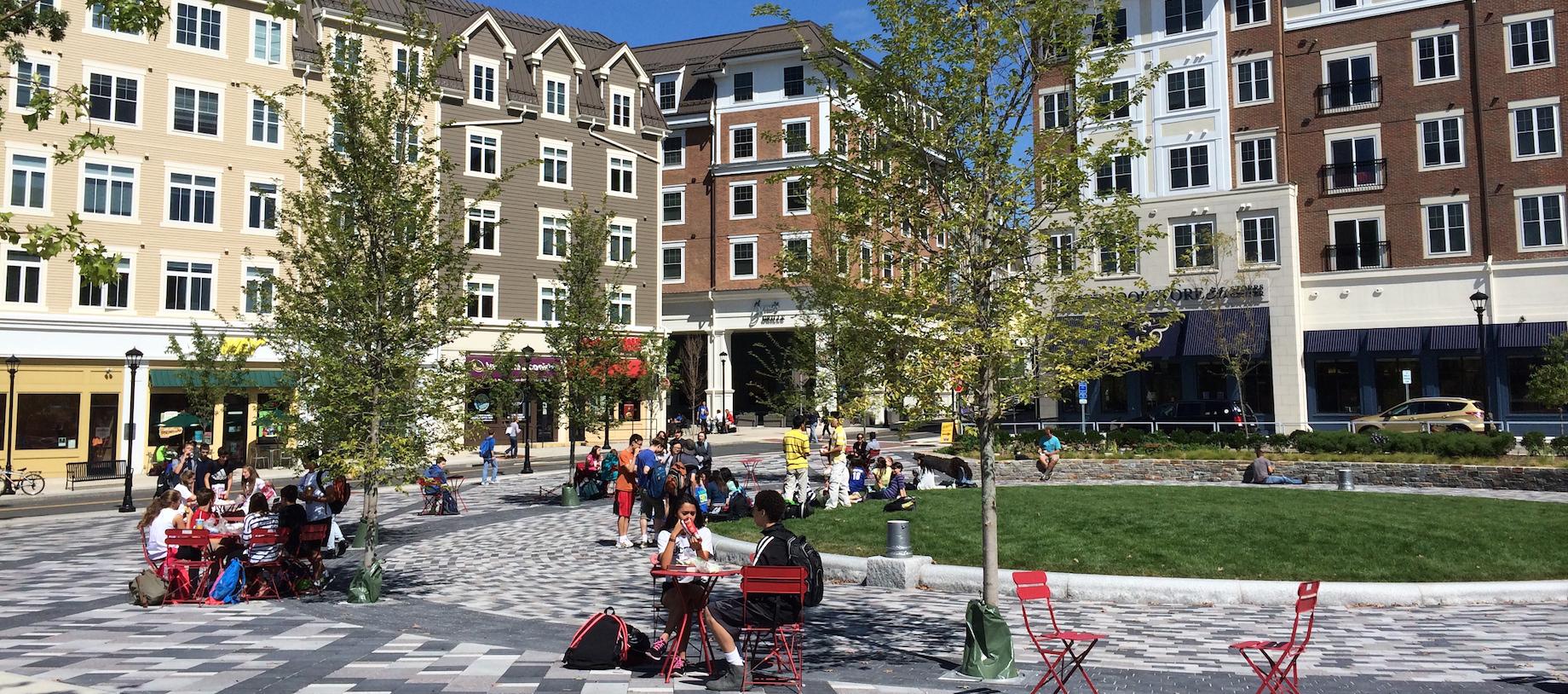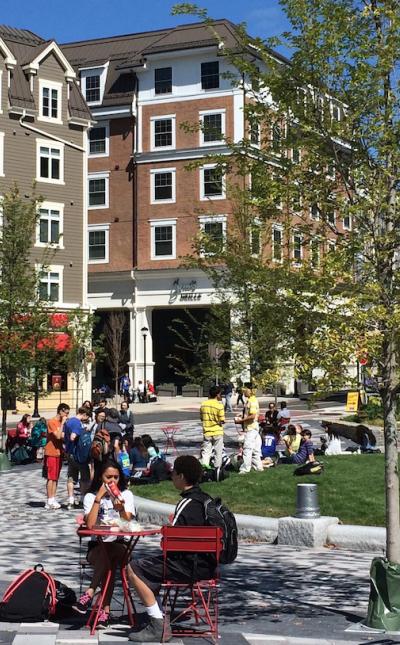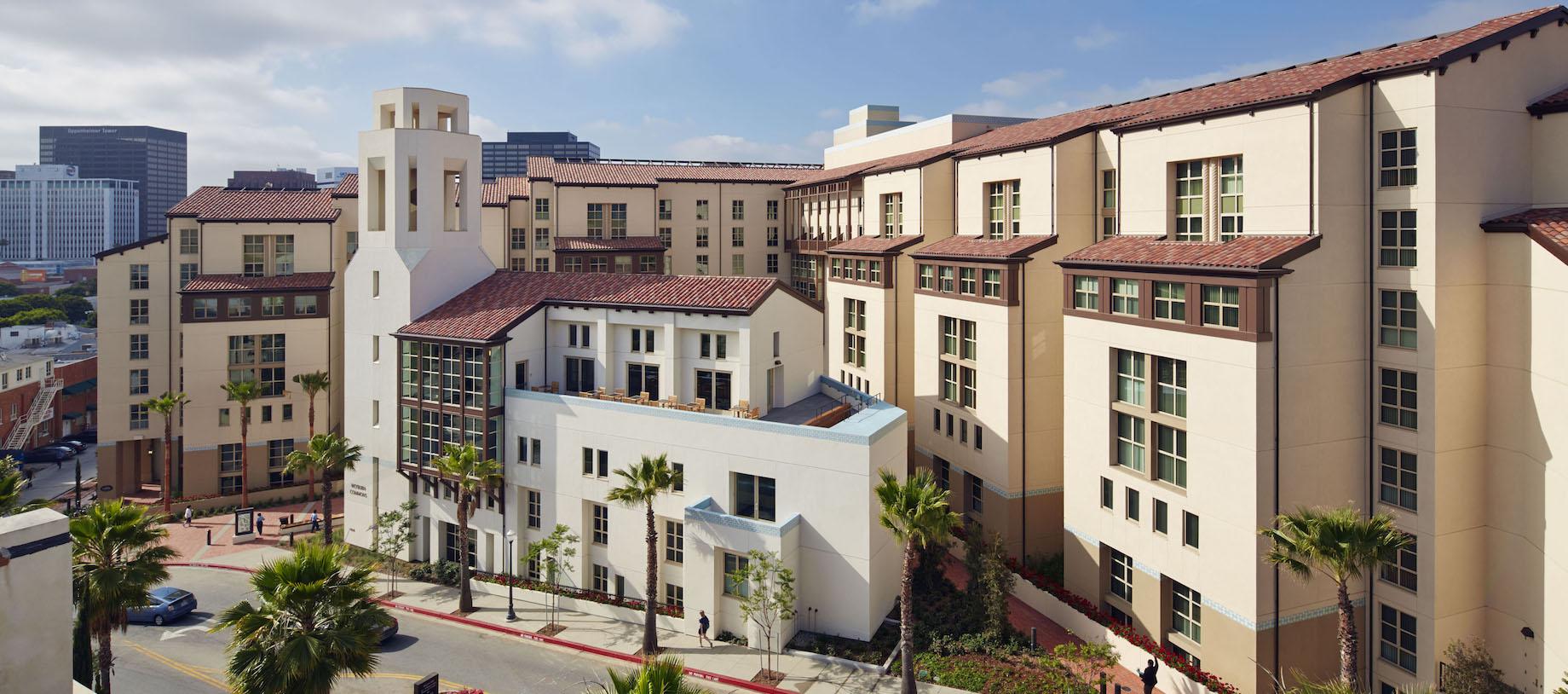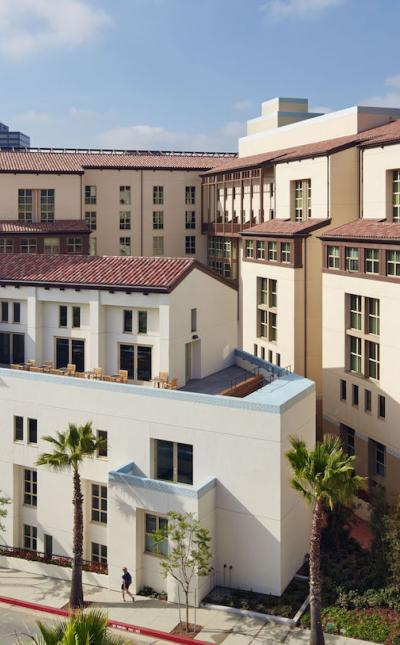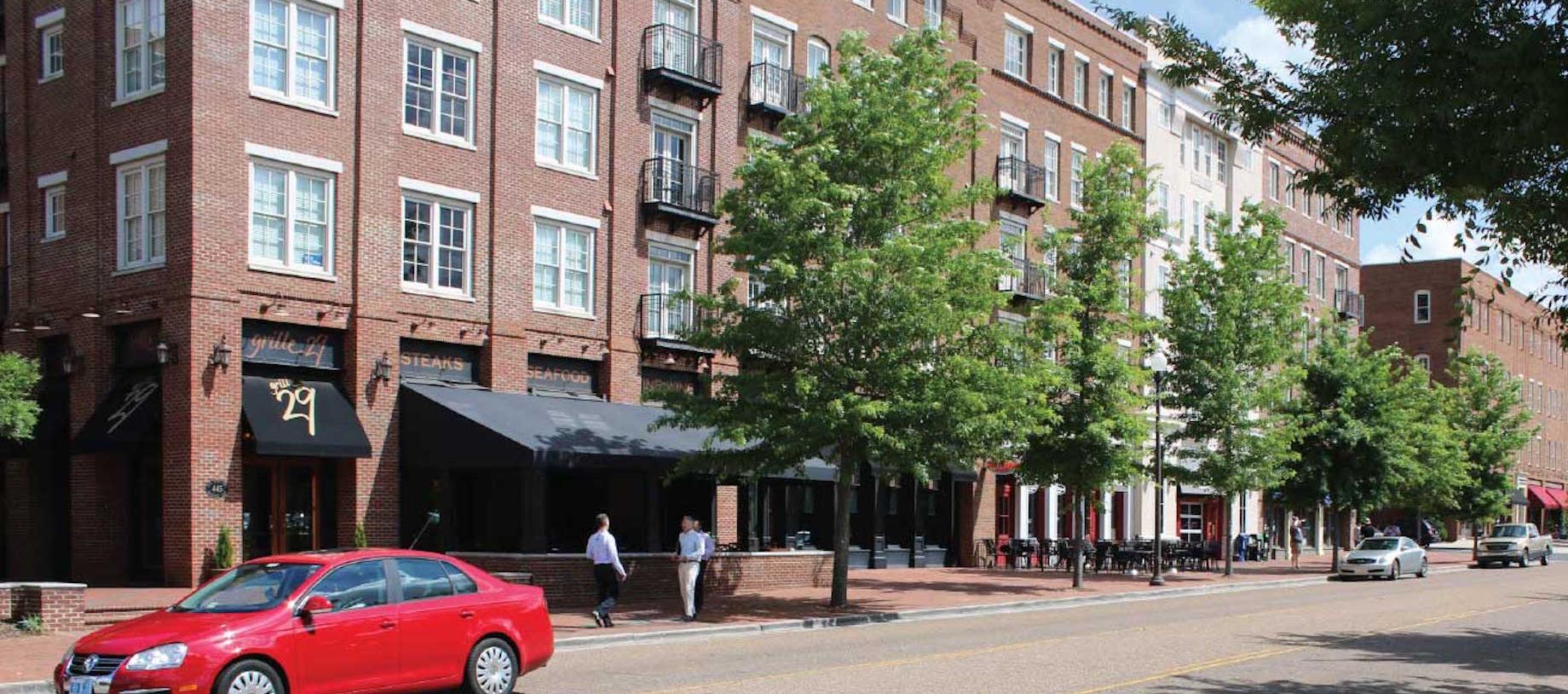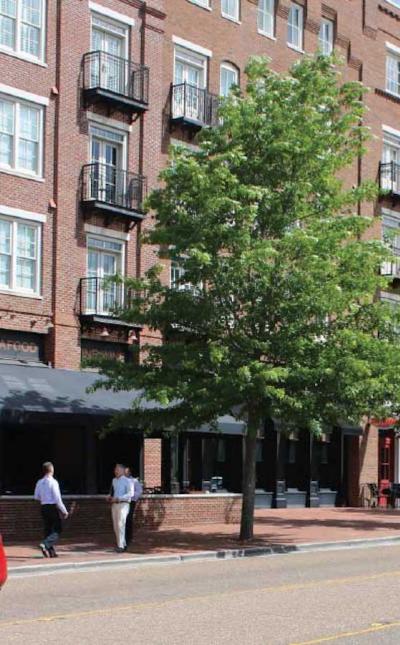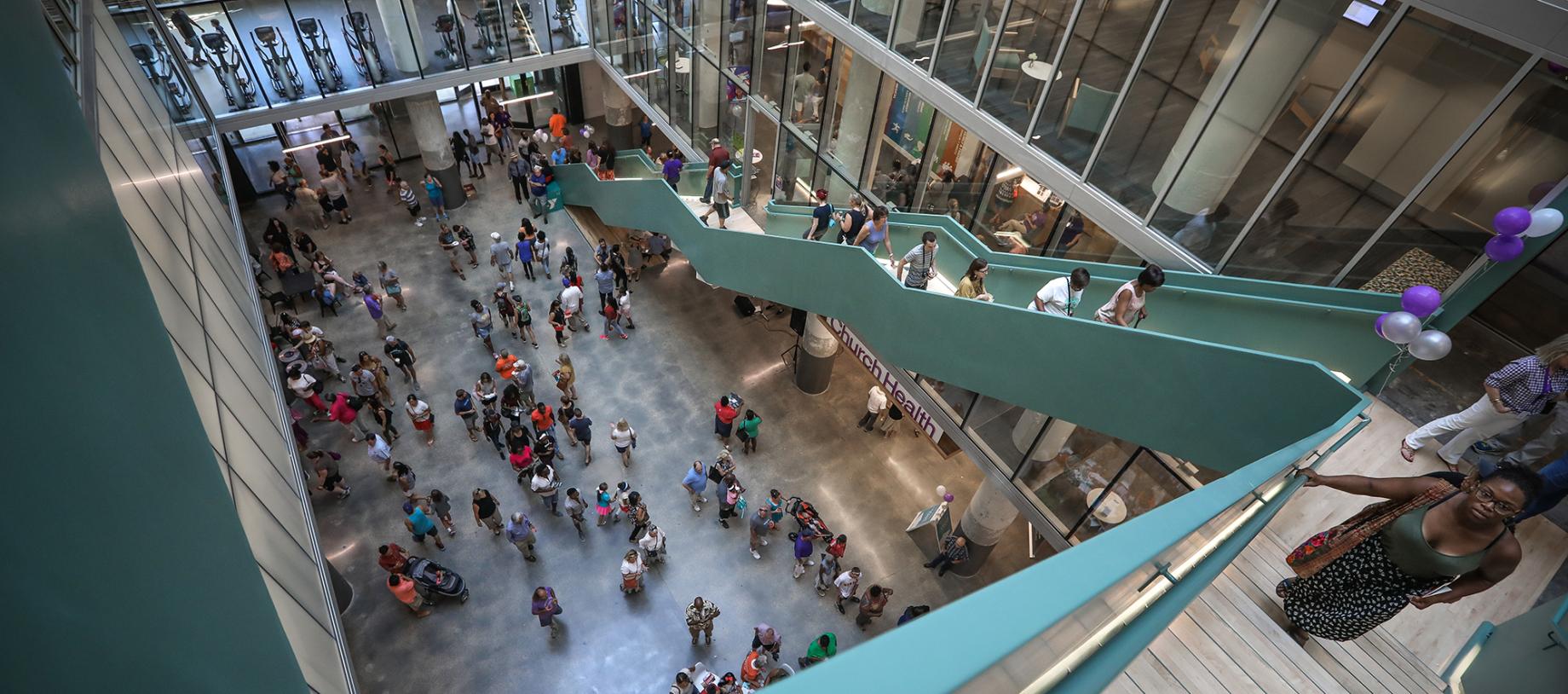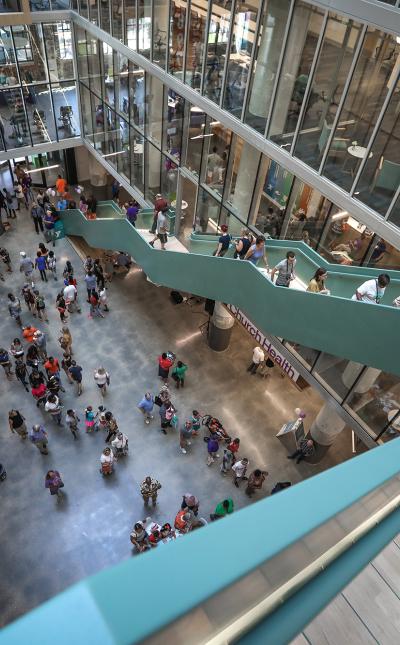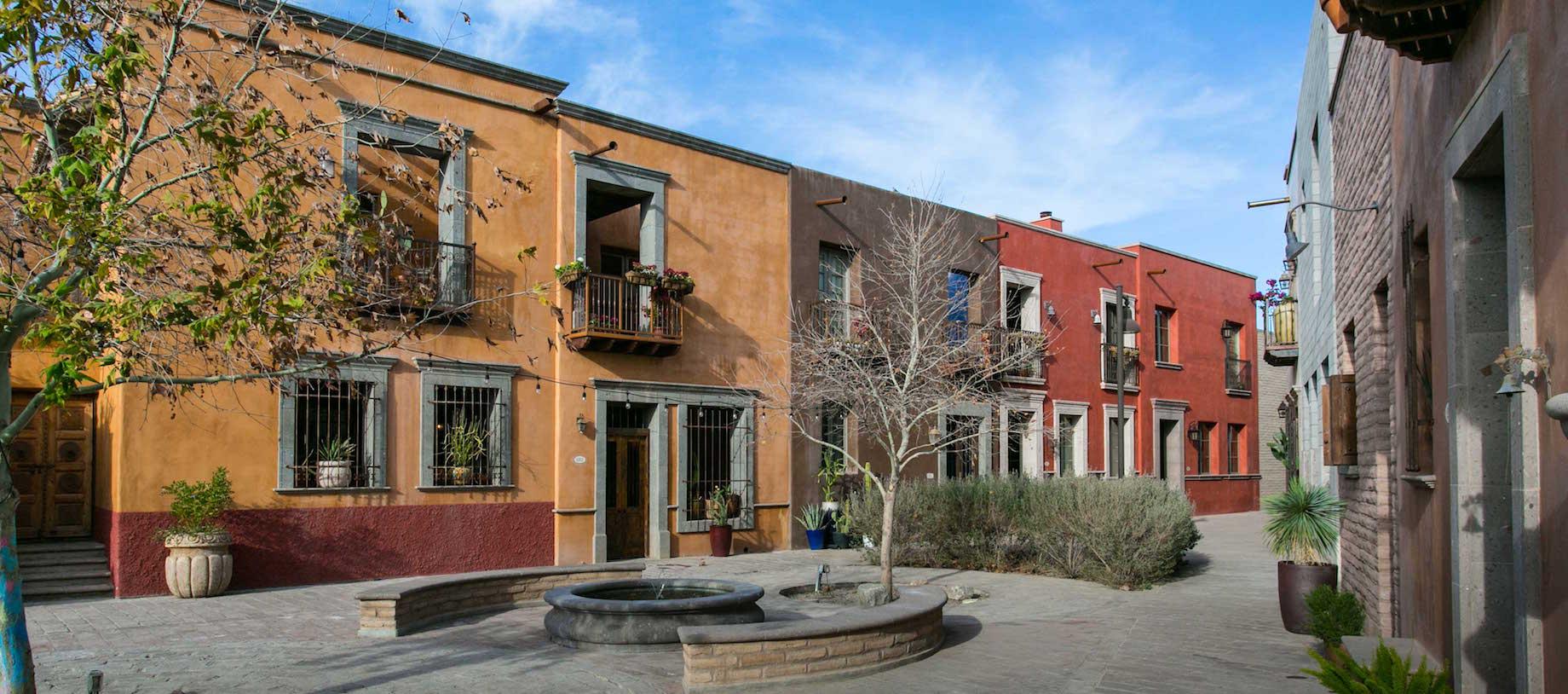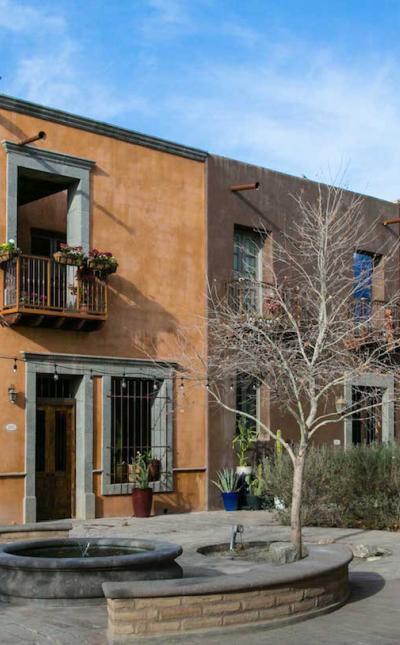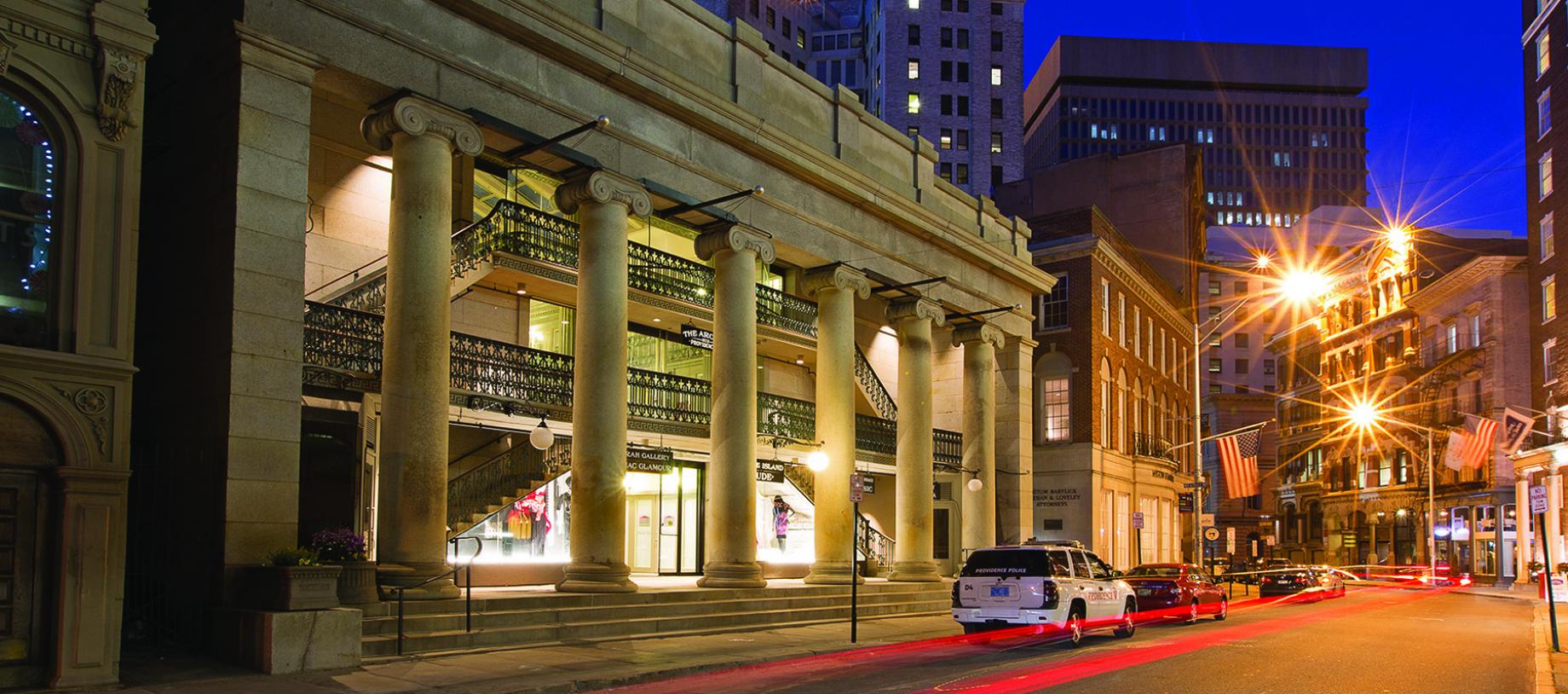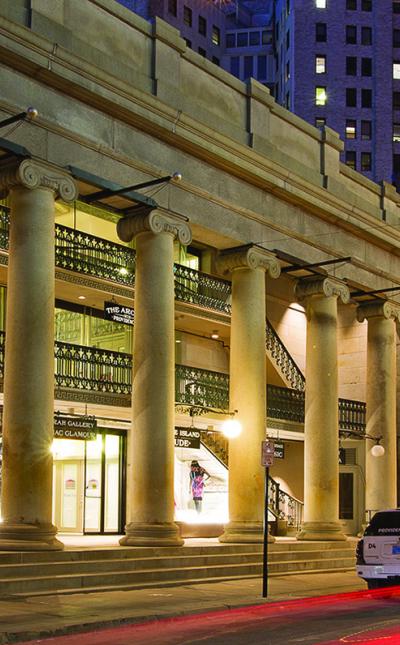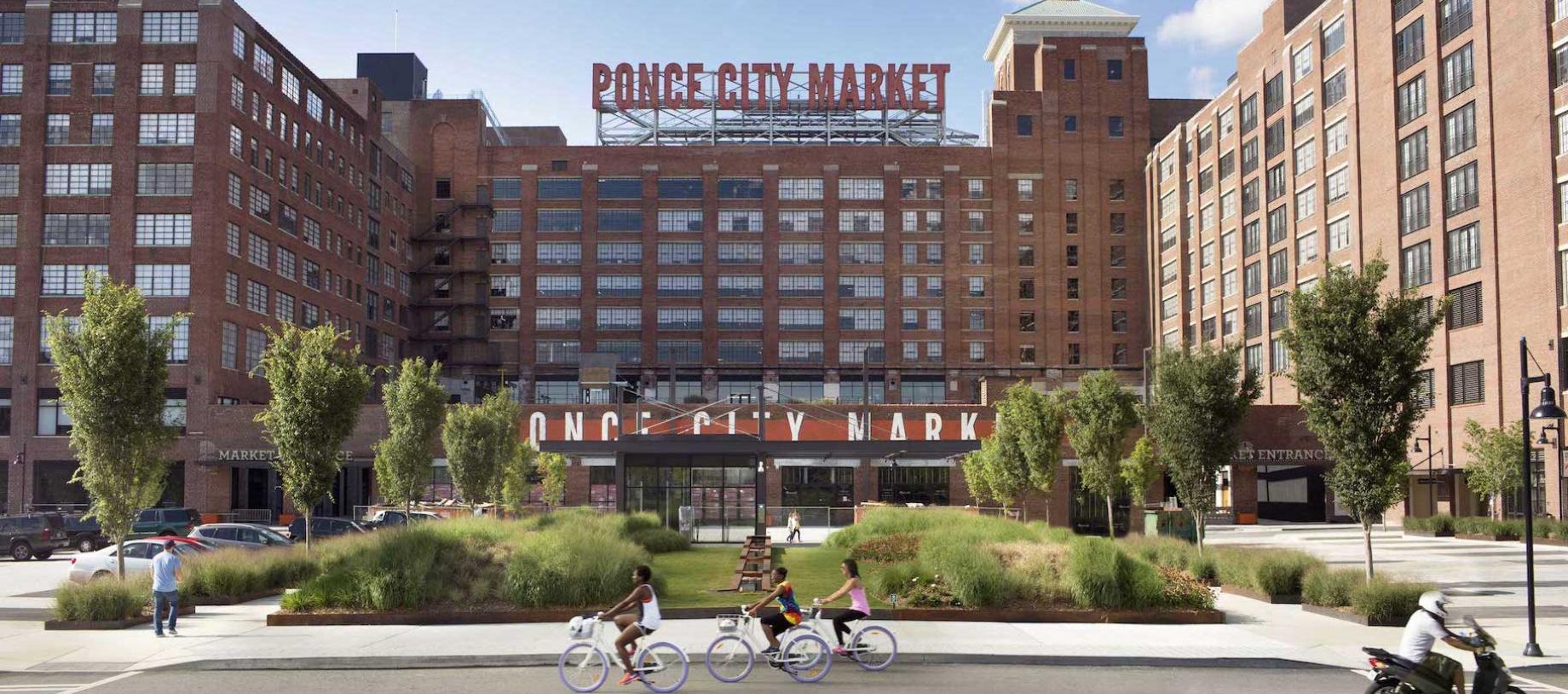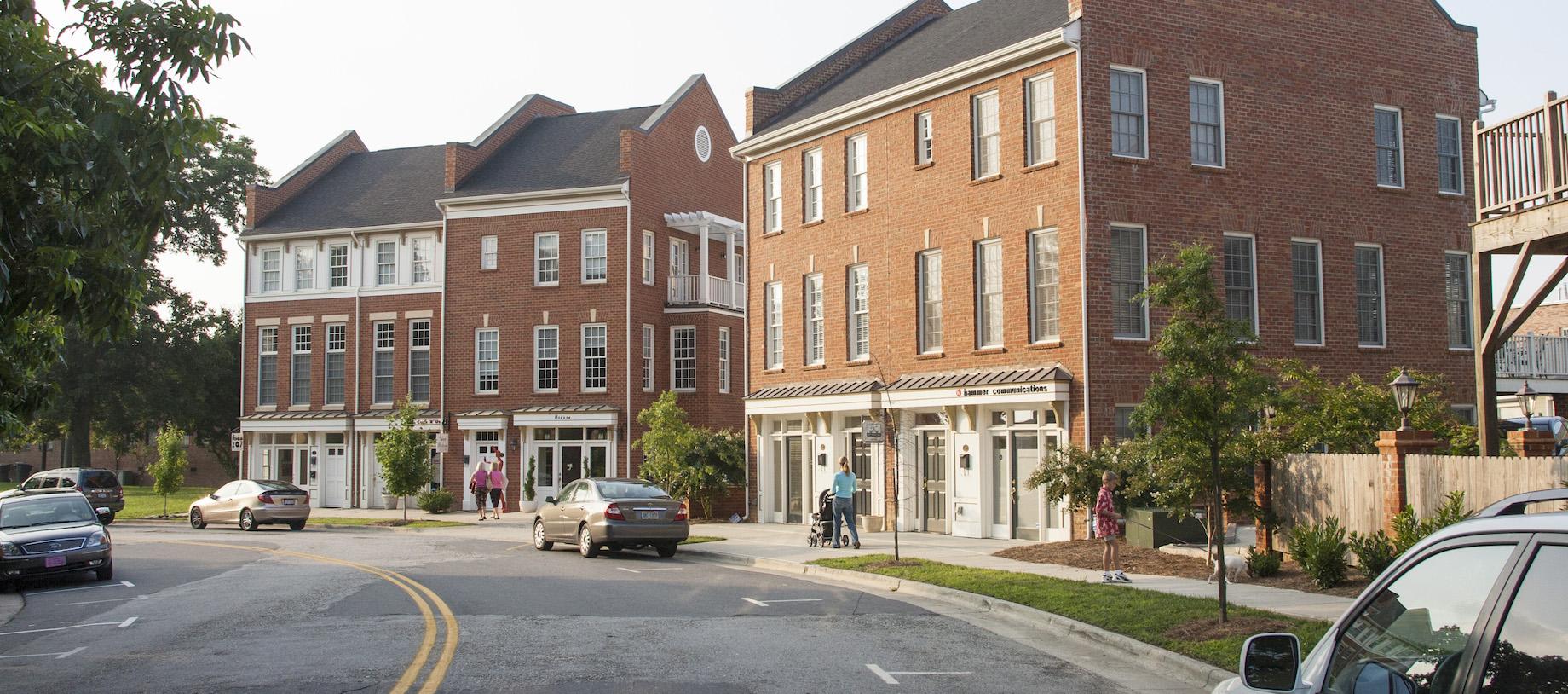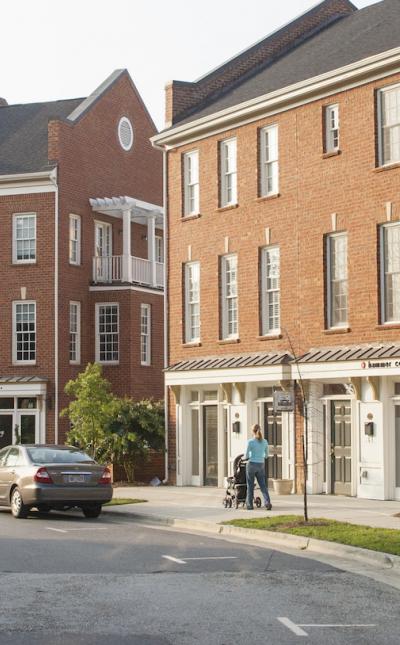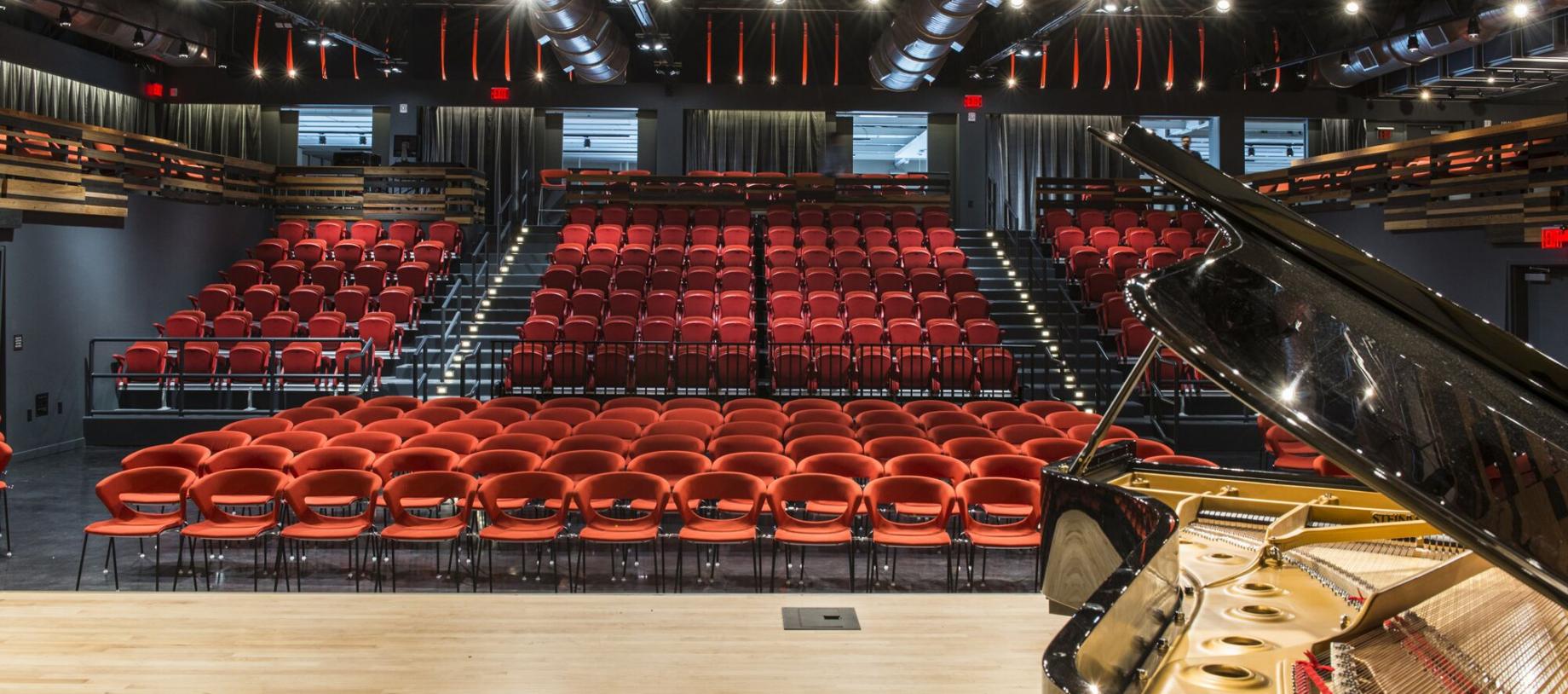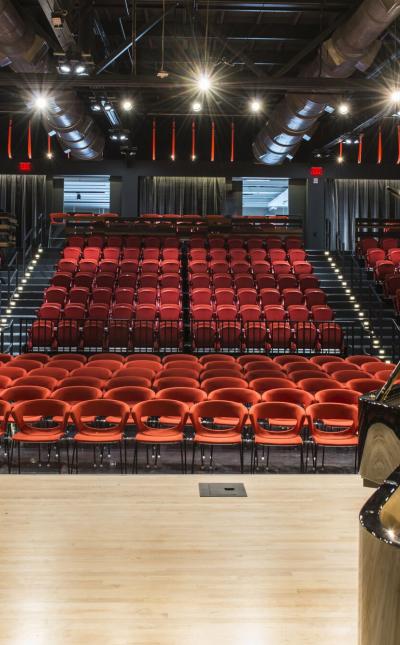Of all North American cities, San Francisco is the most commonly cited example of how urban freeways can be removed successfully. The City by the Bay has earned high marks in using surface streets and transit in place of freeways to better move people, goods, and services, and improve the vitality of neighborhoods.
A Freeway-Free San Francisco explores the following question: If the Embarcadero and Central Freeway demolitions achieved success, could the same benefits result from replacing other urban freeways? If San Francisco were to remove more freeways, what strategies will generate the most success—and which stretches of road might be removed first? Building on the experiences of both cities, A Freeway-Free San Francisco outlines practical steps for replacing freeways with surface streets and how those steps could help San Francisco, and, by example, other cities.
The people of San Francisco, who are lucky enough to reside in one of the most beautiful cities in the world, deserve a safer, healthier, and more livable urban future—without sacrificing affordability or neighborhood character. A Freeway-Free San Francisco is designed to help reconnect isolated neighborhoods, reduce pollution and congestion, and open new physical opportunities for market-rate and affordable development in the city’s urban core. With these steps, San Francisco could position itself as a model of forward-thinking transportation policy for cities around the world.
Photo by Daniel Parks, via Flickr.

